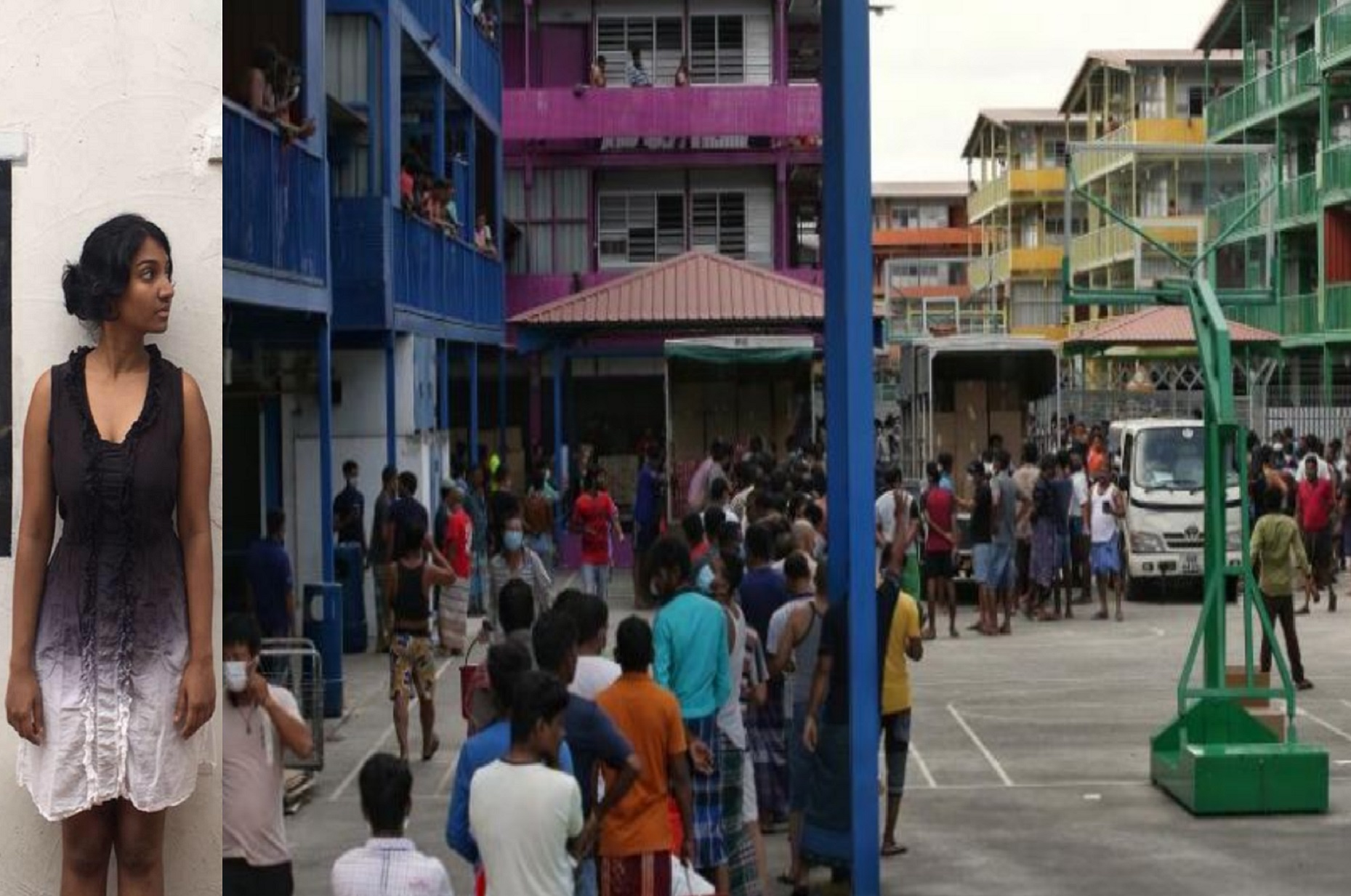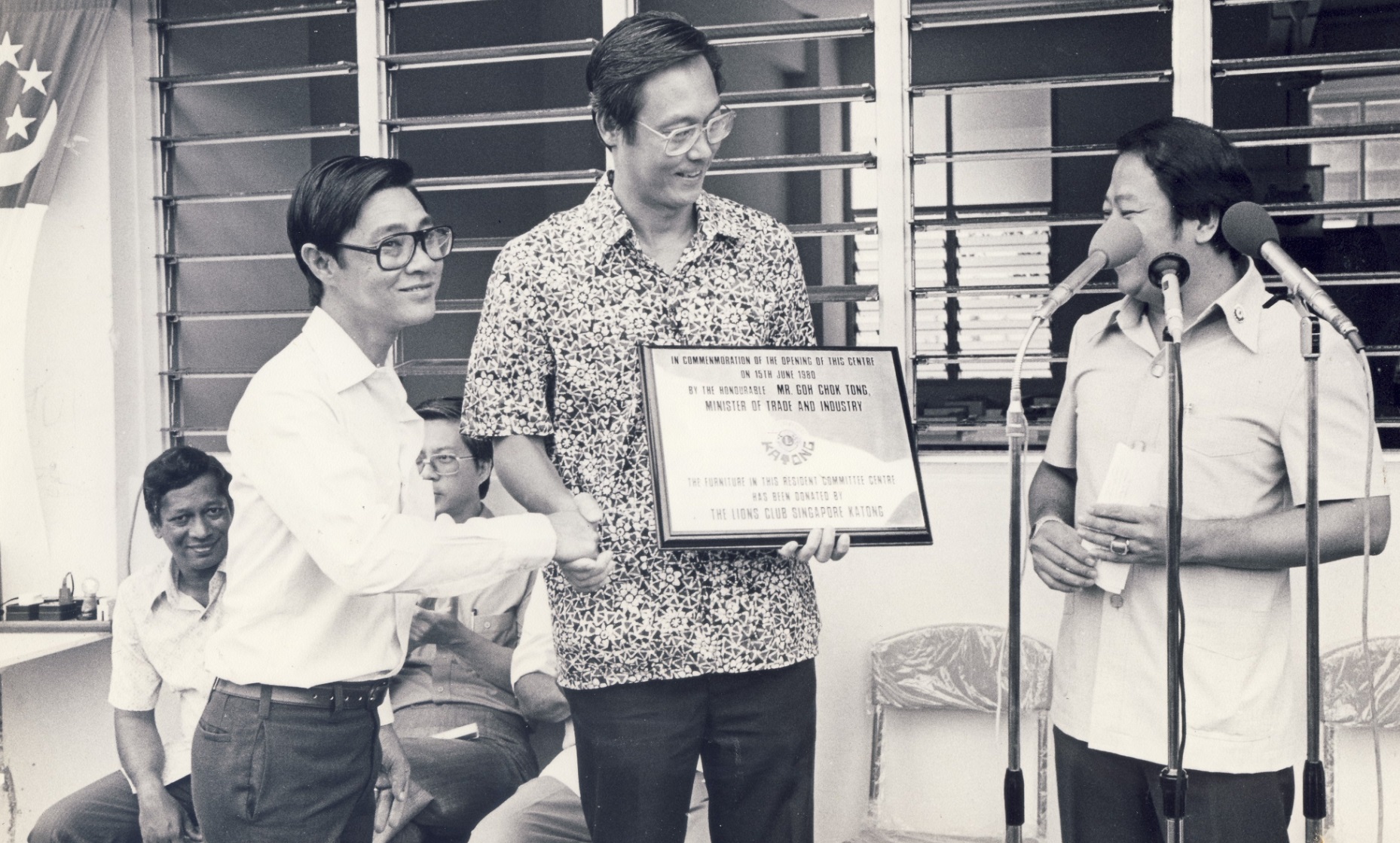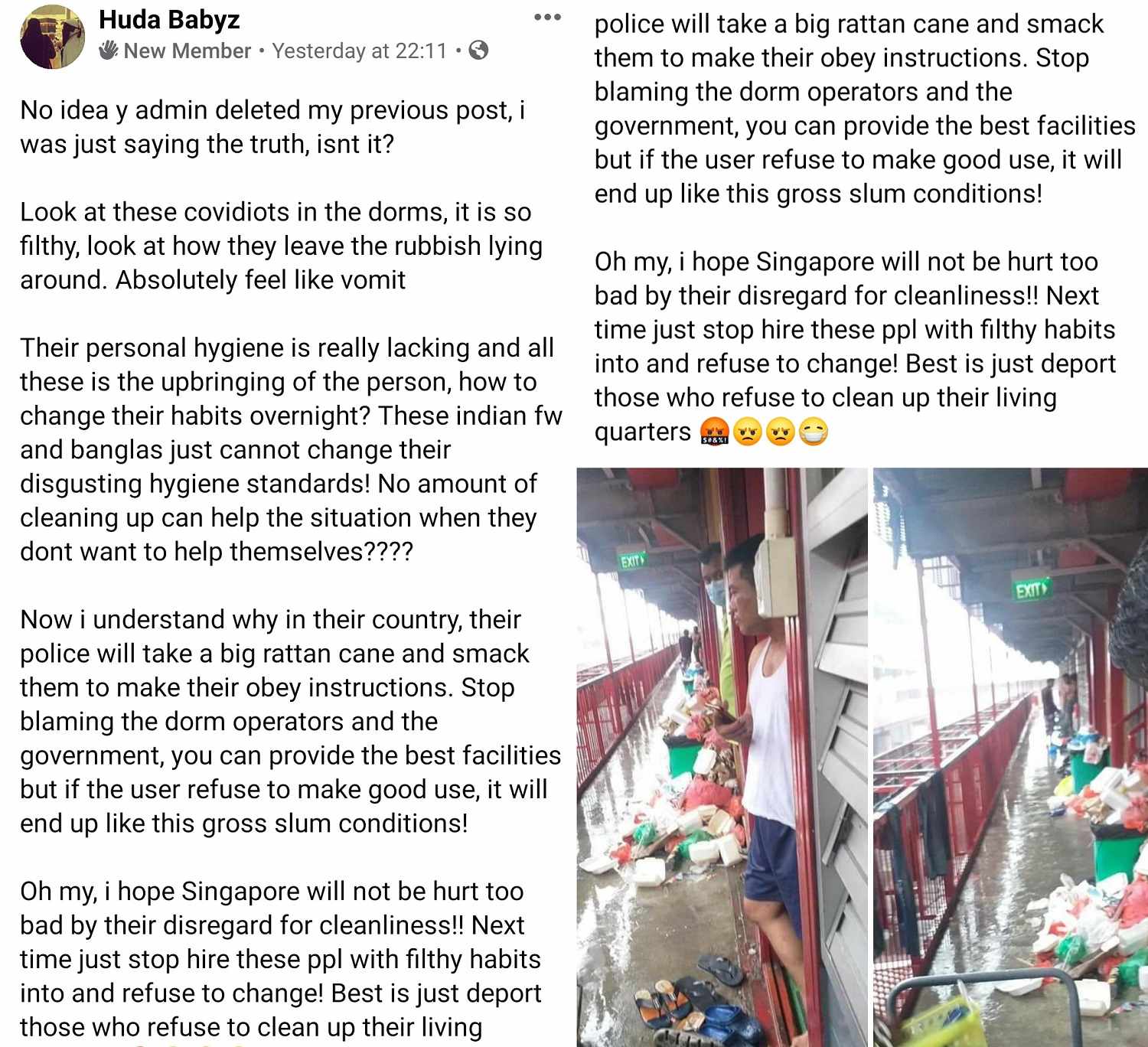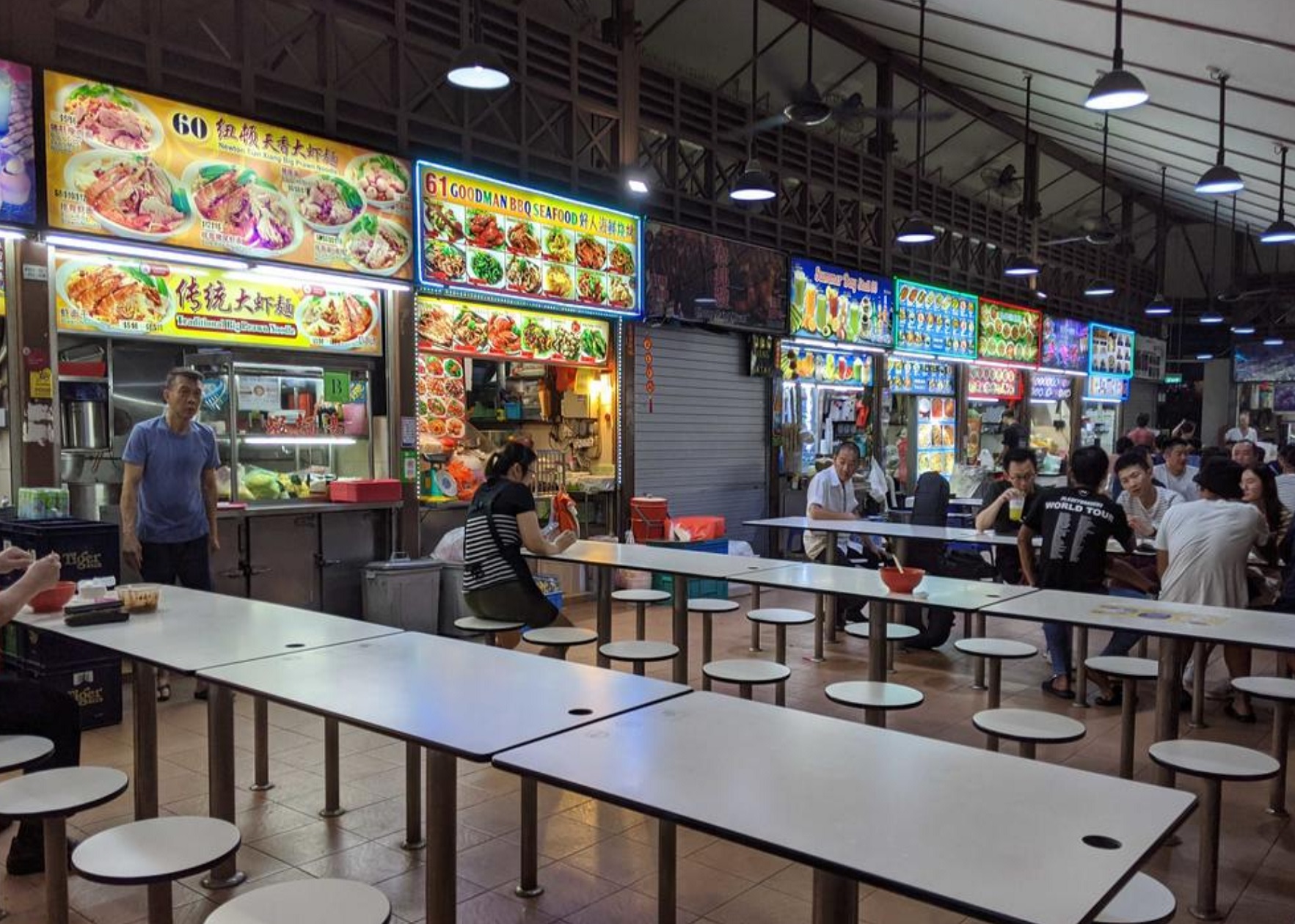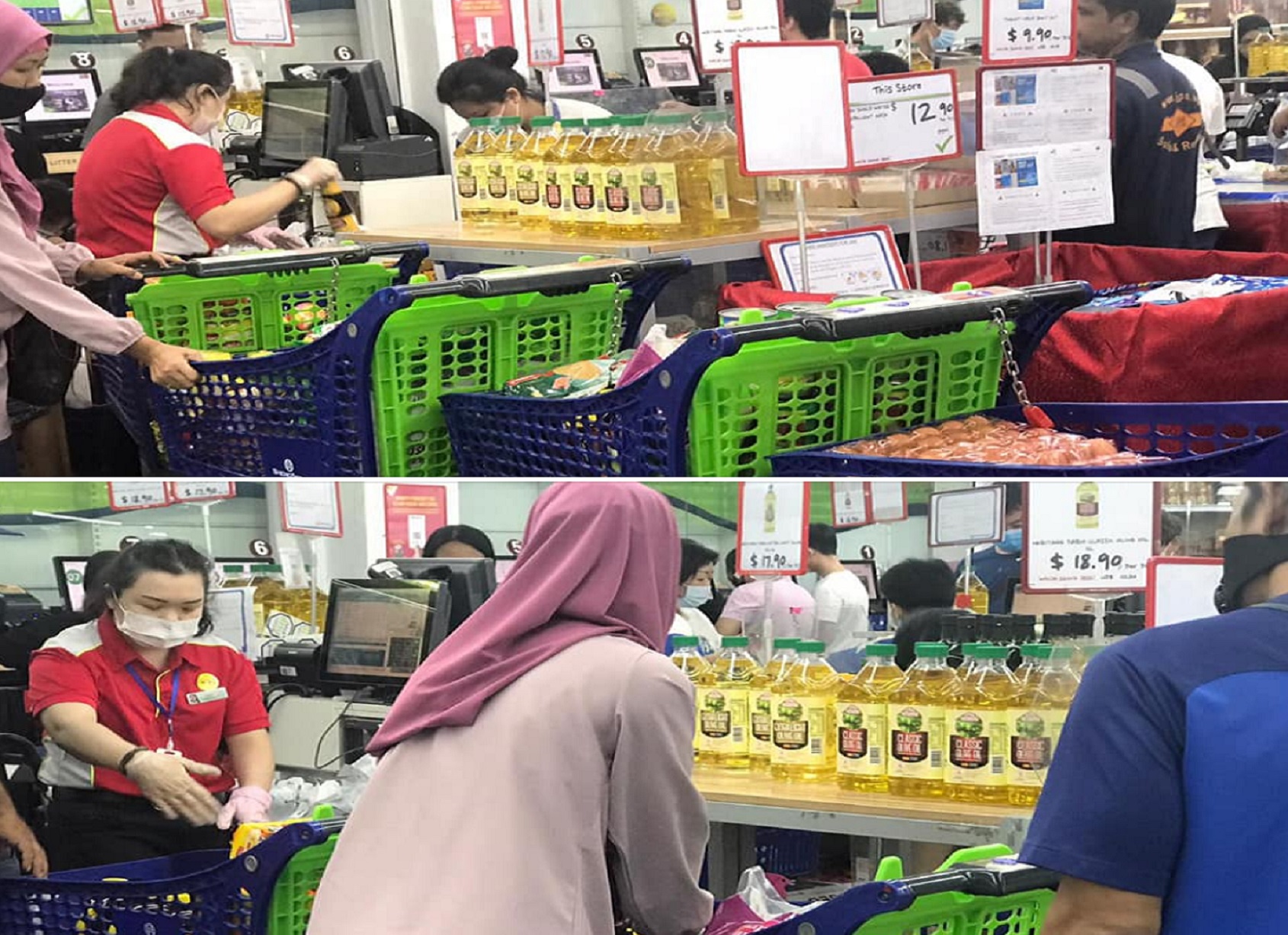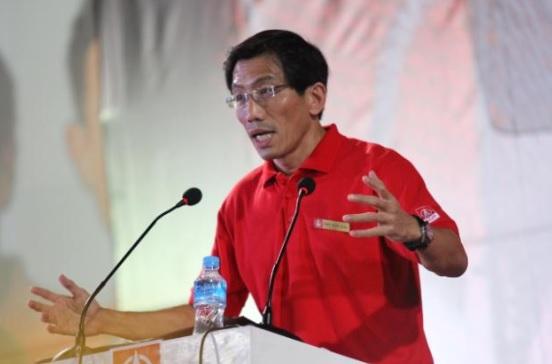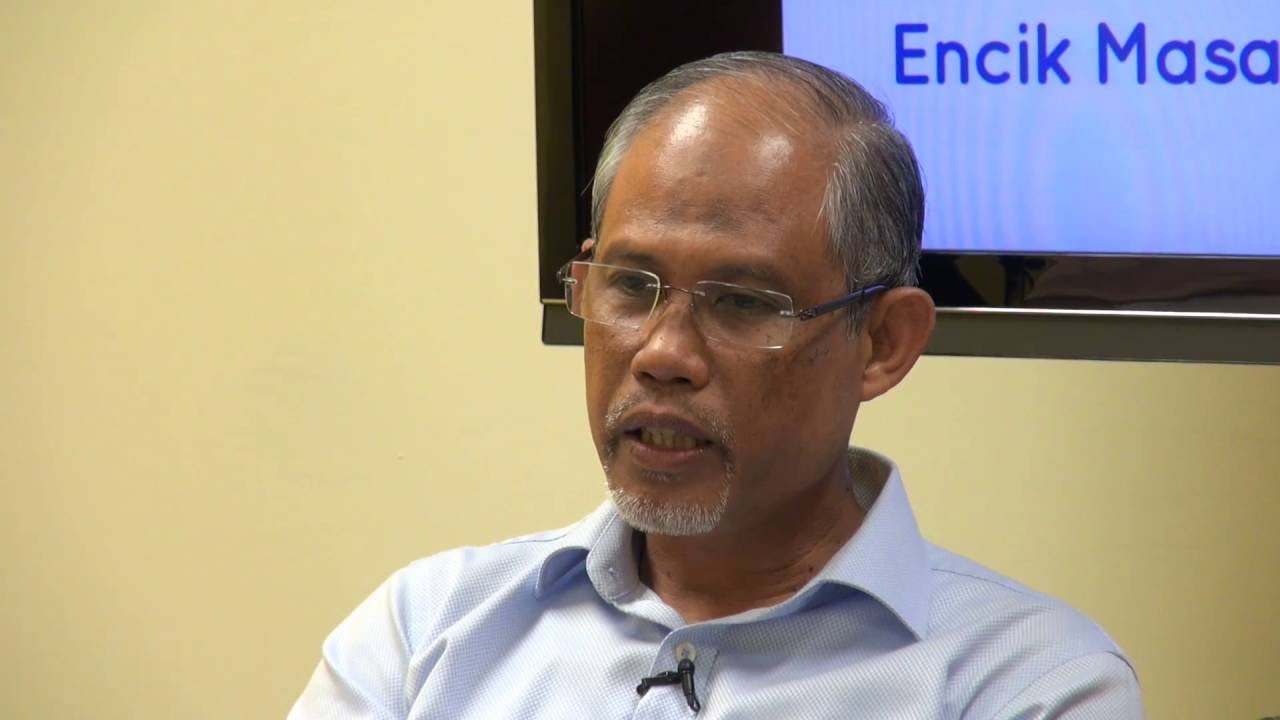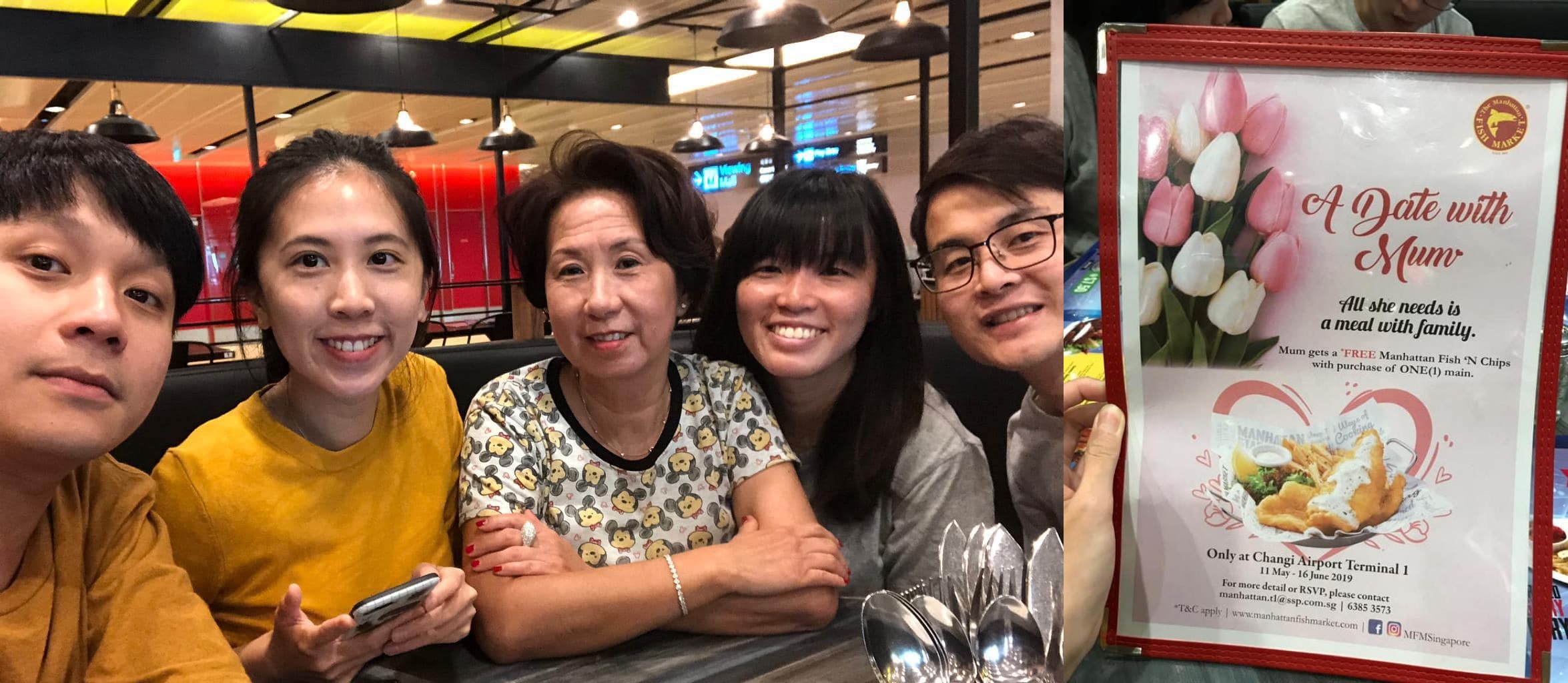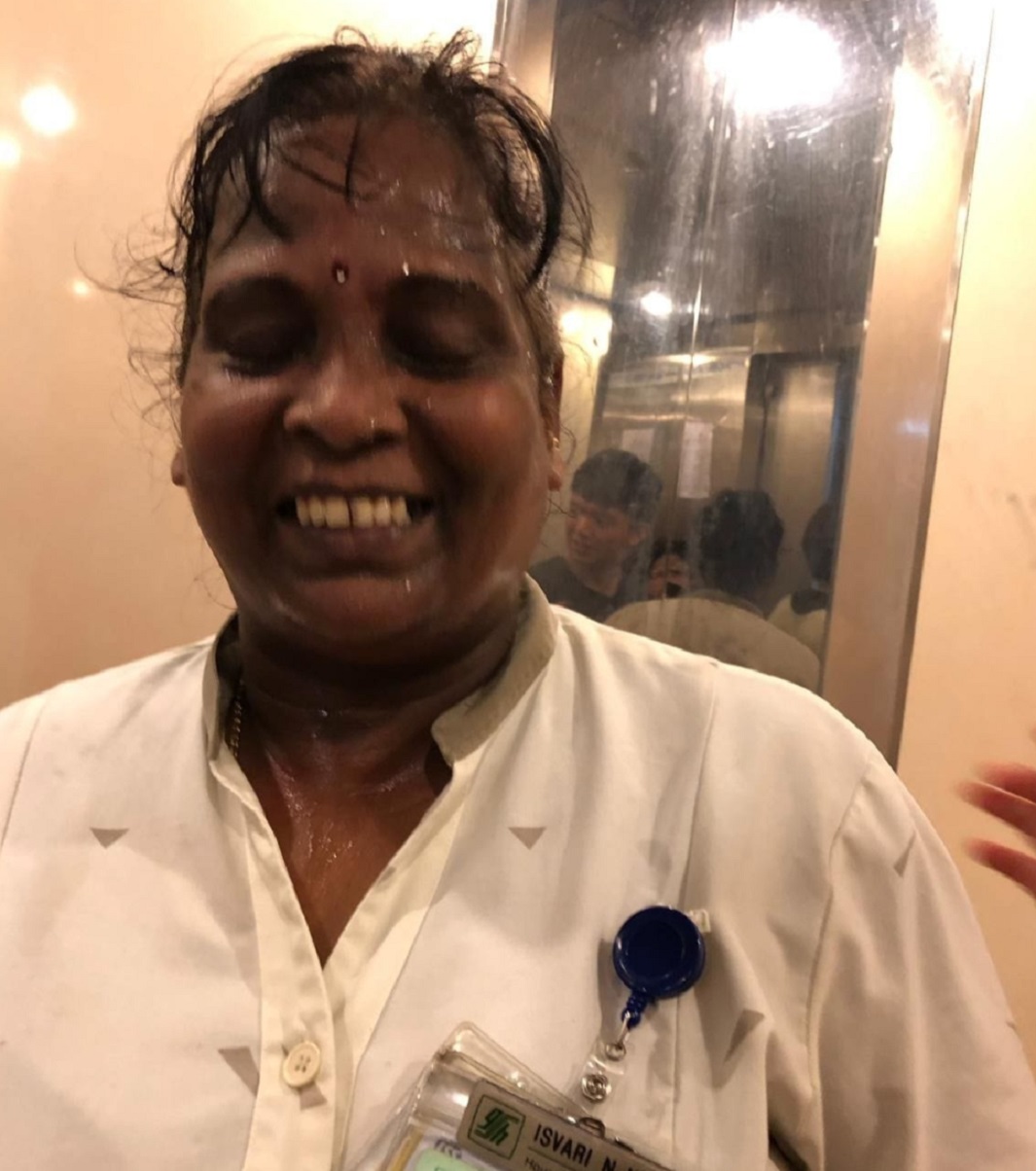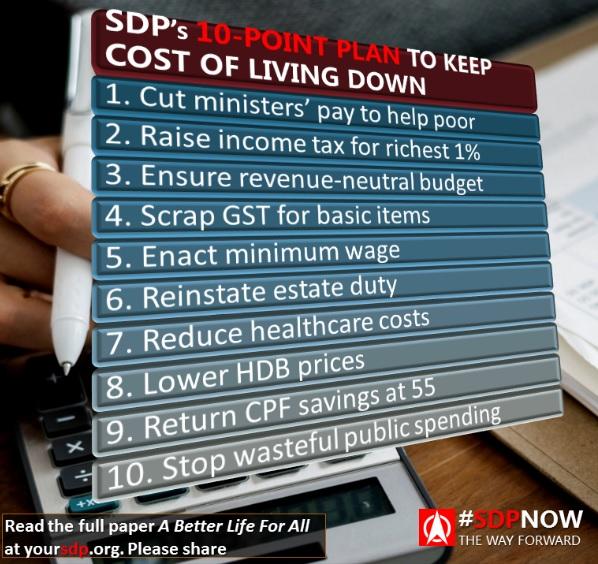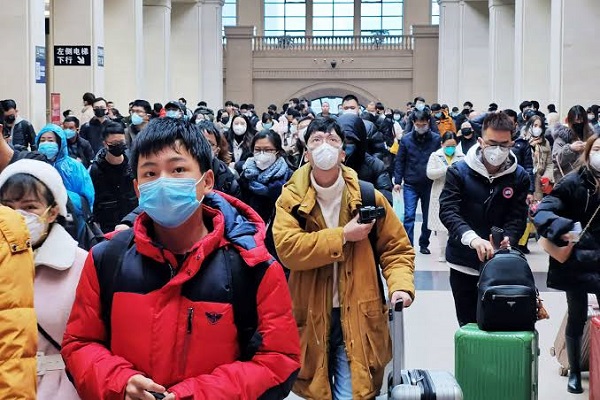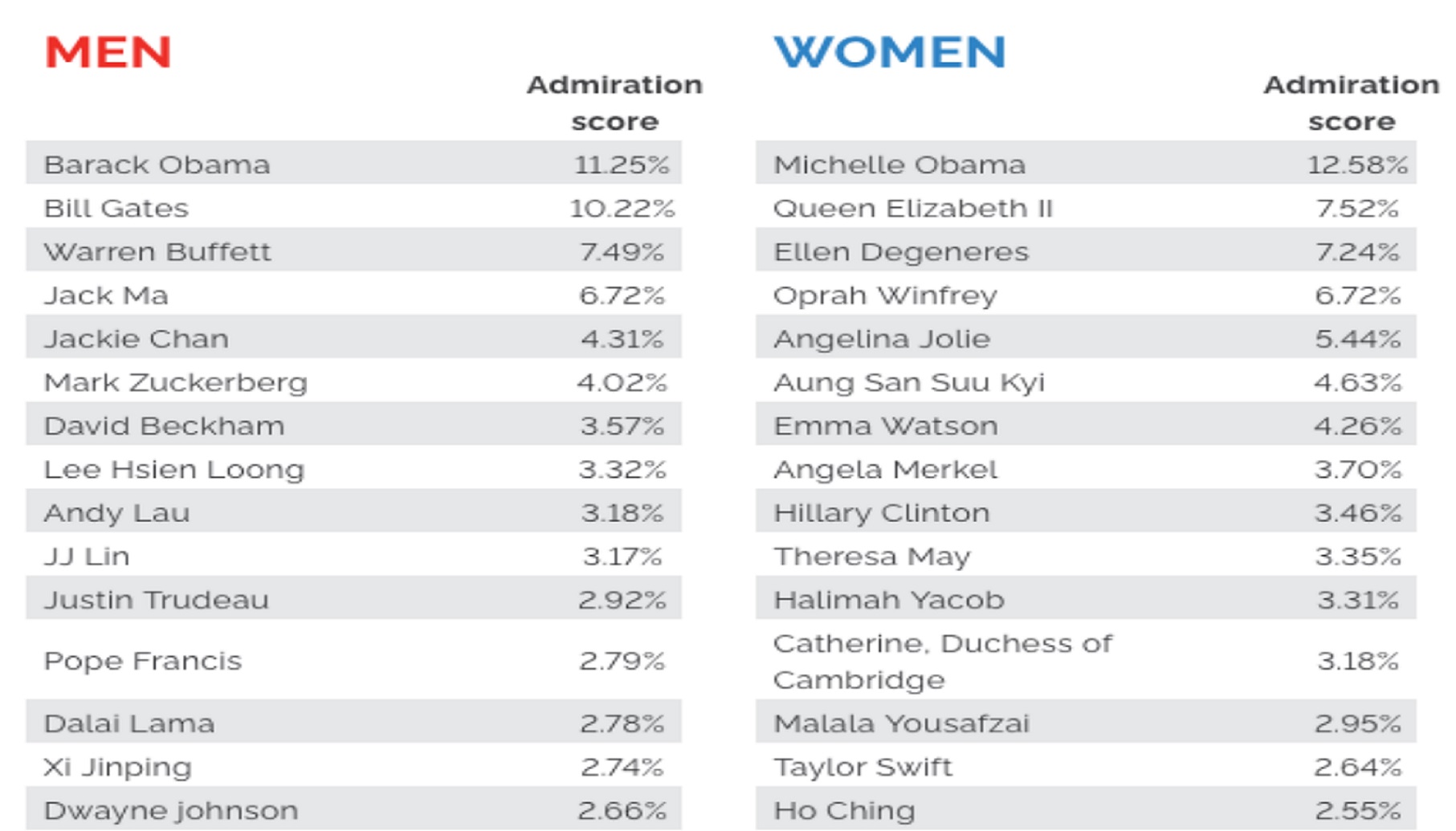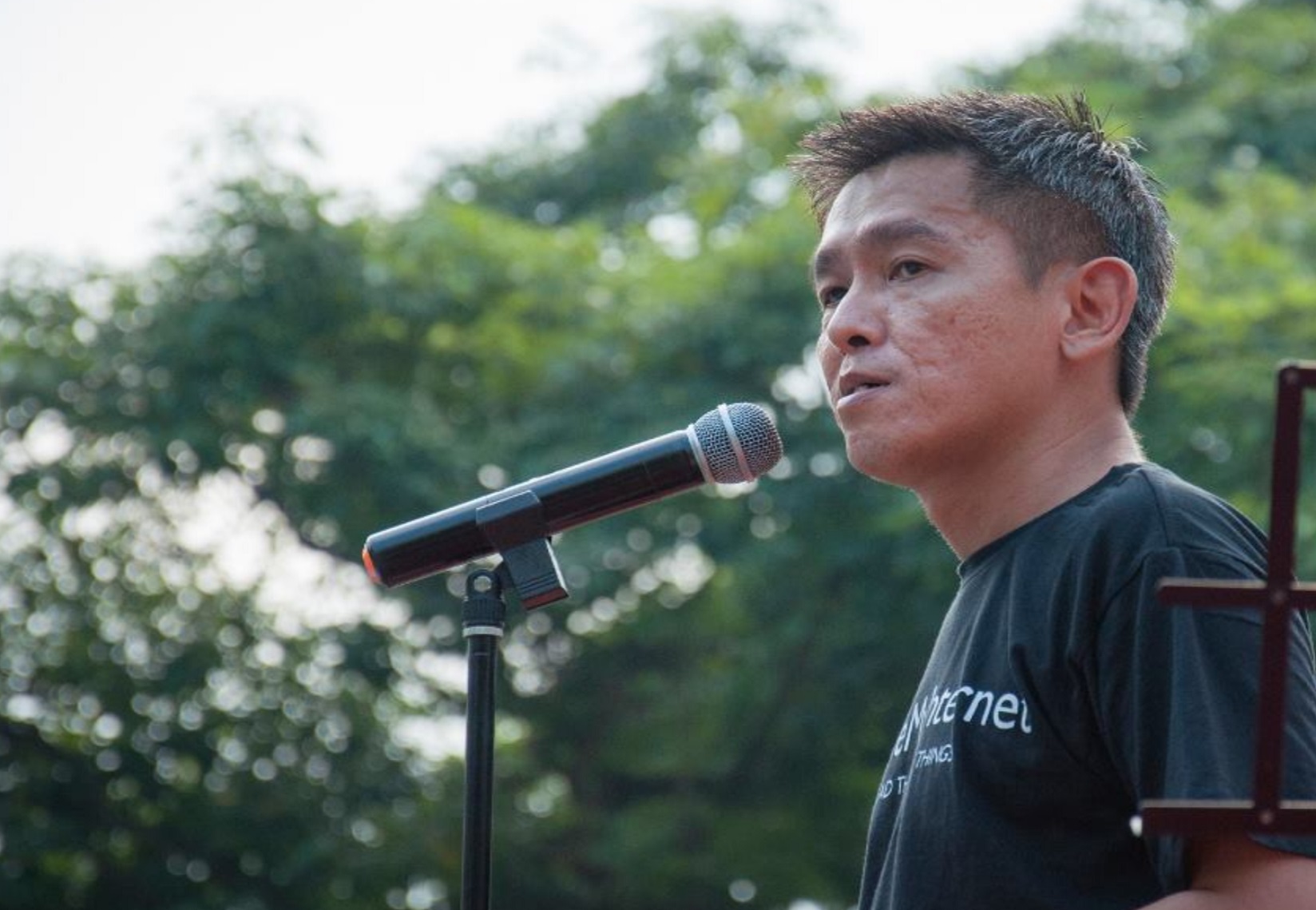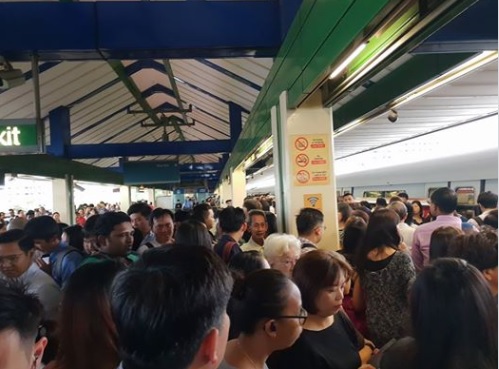According to Goh Chok Tong, one of the first lessons he learned during his first electoral contest in 1976 in Marine Parade was that people voted along racial lines. Goh observed that at the time, people were more likely to vote for a candidate from the same race. This was due to Singapore's relatively young status as an independent state, and the prevalence of vernacular schools that meant that the way people think was closely allied to the language that they used. There was still a certain apprehension of someone from a different racial background.
While he noted that Singapore has taken important steps in terms of fostering racial and religious harmony in Singapore and that "national issues" may be a more important point of unity as compared to race, Goh still feels that when it comes to the crunch, Singaporeans will still vote along more primordial, "tribal' lines.
Is Goh right? Is race still an issue?
If it is, it just means that the PAP's attempts at racial harmony has failed. Having racial quotas in HDB precints, introducing universal National Service and getting rid of vernacular schools have not had the desired effect of fostering genuine relationships and understanding between people from different cultures. What we have is superficial linkages and tolerance more than actual understanding. Some other PAP policies like introducing race-based self-help groups like CDAC, SINDA, and MENDAKI, and creating SAP schools have have the unintended consequences of creating exclusive bubbles in the different communities.
Singaporeans are honest and straightforward. The annual celebrations of the festivals of other race or religious communities in the local education system have not had the desired effect. If even teachers think that Vesak Day is a Chinese holiday or that Hari Raya celebration is a celebration of the Muslim New Year, then what chance do our students have of understanding their fellow school mates?
In the last two general elections, we have seen national issues like cost of living and the need for more opposition voices in Parliament has become issues that struck a chord with many Singaporeans, regardless of race and religion. These issue will resonate more in the next election as more Singaporeans become better educated. Younger Singaporeans growing up in a prosperous Singapore will also get to vote for the first time. These developments will pose string challenges to the dominance of the PAP.
Singaporeans can take heart from Malaysia's example. Race and religious issues are still very important but that has not stopped Malaysians from letting the incumbent coalition feel what they really want.
If Malaysia boleh, so can Singapore.
The writer, Kelvin, has many real friends from different races and religions.
